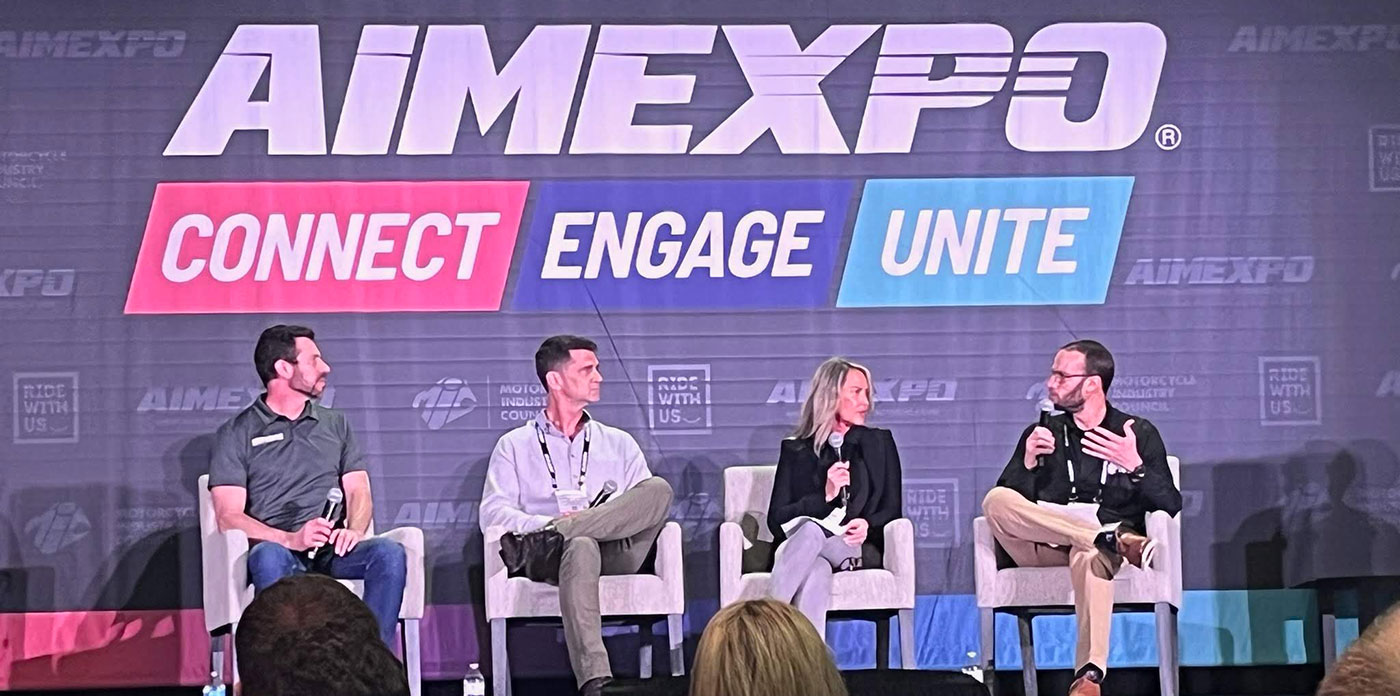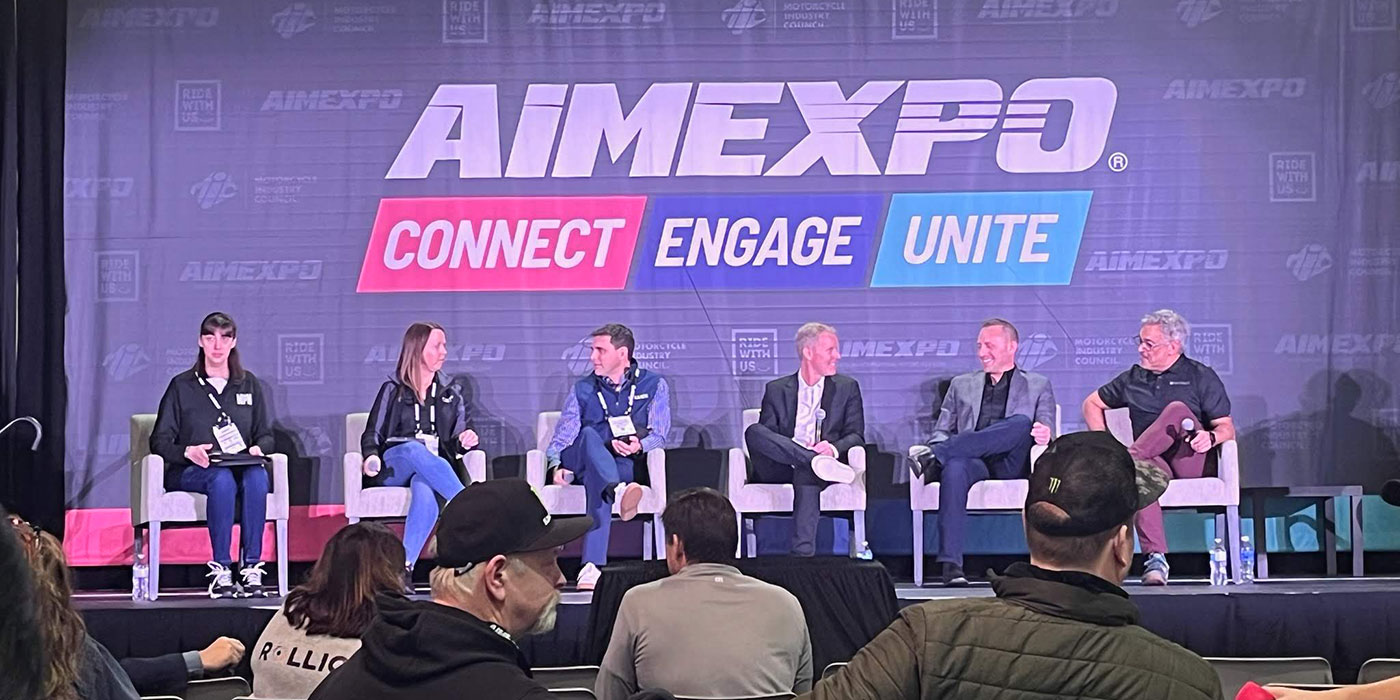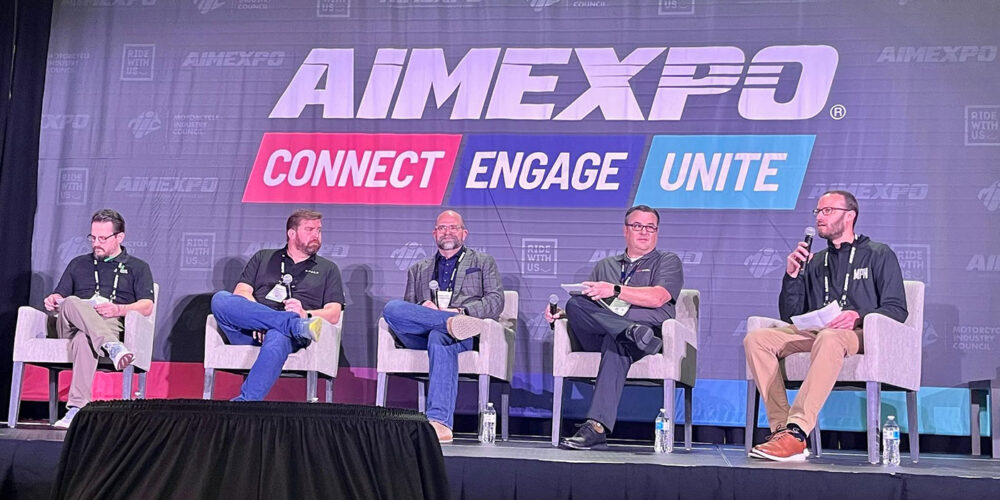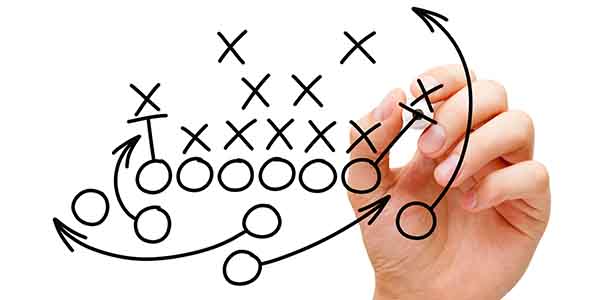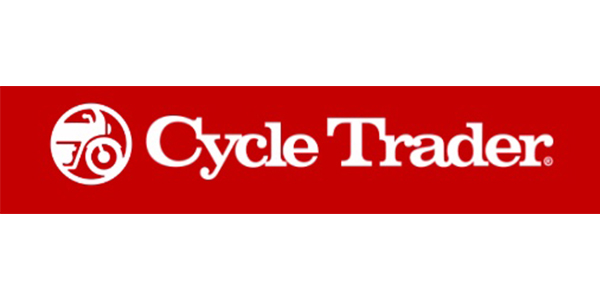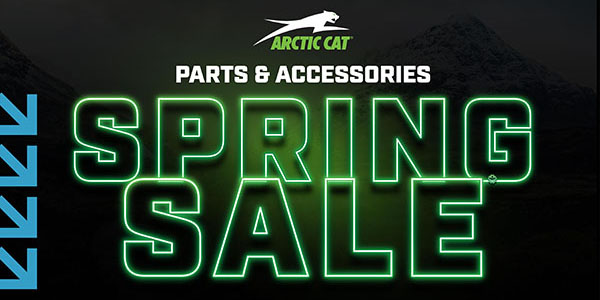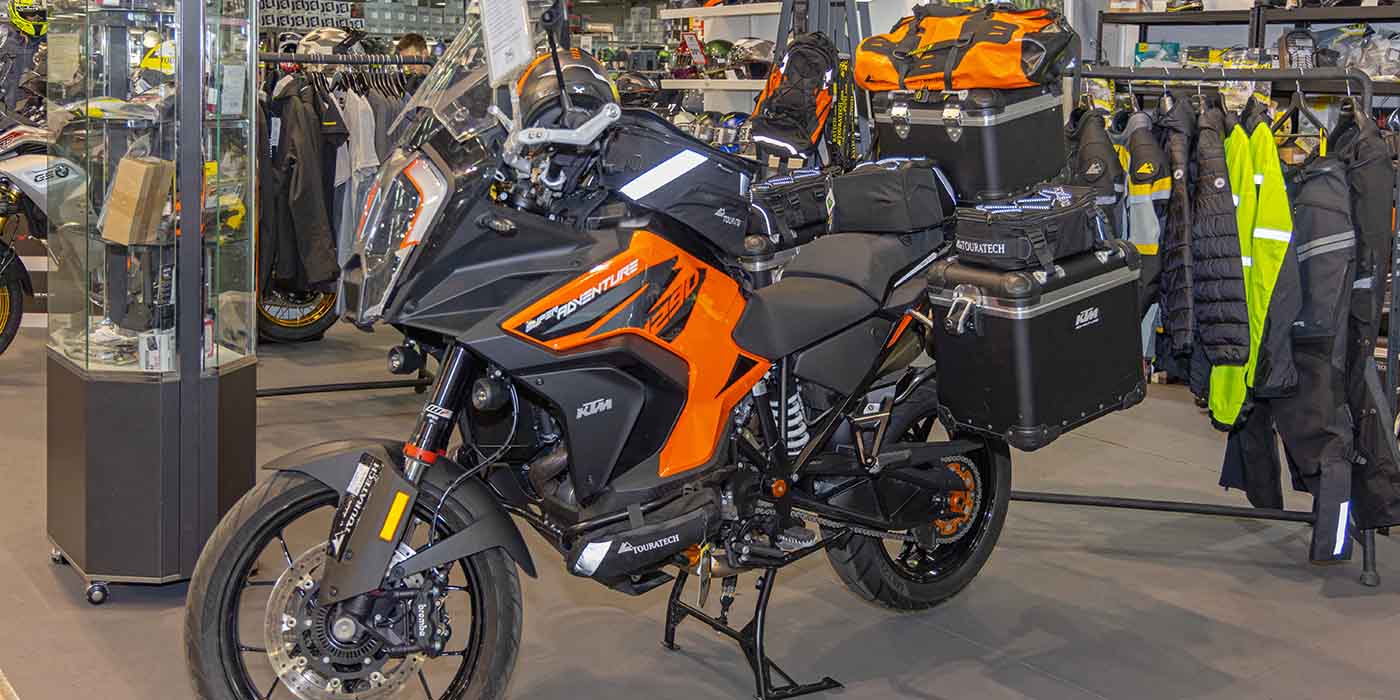Salespeople often have it all wrong. We sometimes feel, regardless of our skill and experience level, that if we’re not imparting some information to the customer, we’re somehow not fulfilling our role. Not so! When the customer is talking, you are selling!
 The key is to get them talking about the right topics. The following questions will keep you in control, while filling your mental computer (not to mention your real CRM system) with crucial information that will help you accsellerate the sale, for both you and your customers’ benefit.
The key is to get them talking about the right topics. The following questions will keep you in control, while filling your mental computer (not to mention your real CRM system) with crucial information that will help you accsellerate the sale, for both you and your customers’ benefit.
Day off?
I developed this particular technique several years ago, and since then have seen tremendous results: salespeople get more information, differentiate themselves and qualify buyers, all with just two words.
Instead of the hackneyed “May I help you?” when first greeting a customer on the showroom floor, try just asking, “Day off?” followed by a pregnant pause. This typically reveals all sorts of information, often about … wait for it … their job. Why is this crucial? Well, it speaks to their potential as a qualified buyer.
Use your creativity and see what two-word question you can develop. “Lunch break?” “Third shift?” If your showroom is beginning to fill with the “after-5” crowd, try two-word questions like, “Heading home?” “Finish work?” or “Running errands?” Then let the customer talk. You’ll be surprised how much customers will light up when you’re interested in them and how much information you’ll garner to help them get the bike of their dreams.
Will you do me a favor? Check out ____ and tell me what you think.
Confident sales professionals are successful sales professionals. You need to be taking charge of your interactions on the showroom floor (There’s a difference between assertive and aggressive; I like to see the former not the latter). This is a great way to “paint your customer into the picture” and get them involved.
When you’re working with a customer, simply say, “Will you do me a favor? Check out the paint job on this bike and tell me what you think.” And they will. This will enable you to get important information about their interests. And you can do this with any aspect of the bike: body style, seat height, lean angle, tire tread, metal work, cross-over exhaust, clutch effort…you name it. When you do this, you actively lead the customer and gain insights into their perspectives and hot buttons. And isn’t that the point?
Our goal is to do such a great job for you that when we’re done, you’ll want to spread the good news to your friends and family. Fair enough?
The moment you realize you have someone who is an honest-to-goodness potential buyer (as opposed to someone you’ve tackled on their way to the parts counter), you should say something like the statement/question above. What you’re really doing here is setting the stage for referrals later on in your relationship with this buyer. The other effect it has is that it piques your customer’s interest. They aren’t hearing this elsewhere. This is like Babe Ruth calling his shot. Your customers may be thinking, “Hey, this is different — I’m going to spend some time with these guys and see where this goes.”
It also helps keep you on your toes. How? Because you just promised you want to do a great job for this customer, and you don’t want to appear to be a hypocrite. Then when you have done a great job, it’s easier (and more effective) to ask for referrals because they already promised you they would!
If I may ask, where do you do your research?
We call this “crowd sorting.” When customers are standing on the showroom floor, you’re there with a crowd. And I’m not referring to the other people in the showroom. I’m referring to the fact that mentally, you’re also working with the guy’s brother in-law, the rider he met at the Steak and Lube’s bike night and the salesperson from the other dealership.
So you need to know what you’re dealing with and how to set yourself apart. When the customer says something about the product, you pull the trigger with this question: “Hey, sounds like you know what you’re talking about! May I ask where do you do your research?” You’ll quickly discover that they’ve been to the store across town, hanging out on online motorcycle forums or speaking to their brother-in-law. Now you’ll know what kind of experience or pricing they’re getting if they are working with another store, or you’ll be able to follow the online forum group and see if comments are largely positive or negative about the product, the dealership or purchasing a motorcycle (and what sorts of negotiating advice they’re giving!); and if they’re speaking with their brother-in-law, how you can tactfully, correct all the misinformation that he’s giving!
Are you hoping to burn gas this month yet?
For me, this is one of my favorites. Although perhaps not exactly grammatically correct, this will tell you quickly where your customer is in their purchase progression (often overlooked by many, just as you have a sales progression, the customer has a purchase progression. Being in sync with this is a key to your success).
Other alternatives include notable ride events or other “markers.” Such as, “Are you hoping to be riding, before the races at Springfield?” “Are you hopeful to be burning gas before Sturgis?” Are you looking to ride this season yet?” “Are you hopeful to ride before the snow flies?”
What do you think?
These next two questions really go hand-in-hand. We’ve been delivering workshops and coaching sales professionals to improved performance since 1990, and I have talked about these next two questions in every single session. Why? They are classic, timeless and as universal as the law of gravity. Commitment questions — Do you want to buy it? — are often threatening, especially if ill-timed. Rather, be a bit more subtle in your communication. Ask for the customer’s opinion first (often called a trial close); “So, what do you think?” If the customer hesitates, they are not ready yet. If they reply in the affirmative: “I like it!” You should move directly to this next question.
Should we write it up?
It’s been said that over 60 percent of all retail transactions are not consummated because the salesperson doesn’t do one thing: ask for the business. This question asks for the business. There are certainly variations to this theme, but this one is classic and gets the job done.
In our workshops, I often have people practice asking these last two questions, and a very interesting phenomenon occurs in almost every session. People get hung up, hesitate and stumble over this last question. Why? When I ask them, they often say (if they’re being honest) it’s because they feel funny, awkward or too aggressive about asking for the business (I had a person tell me once that he wouldn’t ever use this question because he didn’t want to sound like a salesperson! I responded with, “Well, what are you, a professional conversationalist?”) This is something to work through, around or over. Practice this one, two sequence (seek unconscious competence here, thought creates hesitancy, you just want to act), and you’ll be glad you did.
Ask too many questions, and you’re subconsciously not moving forward in your sales progression (often because of a lack of confidence in product knowledge, language skills or process proficiency). Ask the right questions, like the ones above, and you’ll be approaching a whole new level of sales proficiency, one we like to call accselleration!
An award-winning author, top-rated trainer and founder of Peak Dealership Performance, Mark Rodgers holds a master’s degree in adult education and the National Speakers Association Certified Speaking Professional designation — only 500 people in the world have this coveted recognition. Contact [email protected] to improve your performance.


